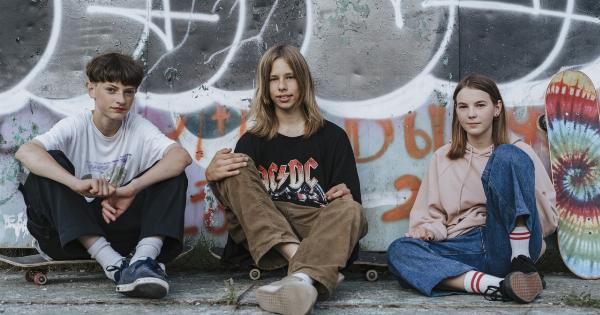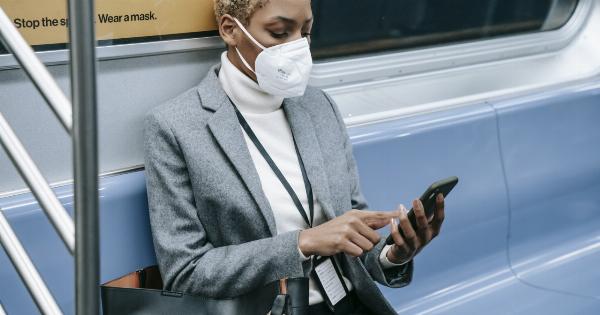Meningitis is a serious disease that causes inflammation of the protective membranes surrounding the brain and spinal cord. There are several strains of meningitis, including meningococcal meningitis caused by the bacterium Neisseria meningitidis.
While meningococcal vaccination is available for several strains, Meningitis B has been a challenge as it is not covered by the traditional vaccinations. However, initiatives to protect against Meningitis B are underway.
What is Meningitis B?
Meningitis B is a bacterial infection of the lining of the brain and spinal cord. It is caused by the bacterium Neisseria meningitidis serogroup B. The bacterium is spread through close contact such as coughing, sneezing, or kissing.
Meningitis B tends to occur sporadically, but outbreaks can occur in crowded settings such as college dorms, military barracks, and large families.
Symptoms of Meningitis B
The symptoms of Meningitis B can vary, but they often start with flu-like symptoms such as fever, headache, and fatigue. Symptoms can rapidly progress to severe headache, stiff neck, confusion, vomiting, and seizures.
Meningitis B can be fatal if not treated promptly.
Prevention of Meningitis B
Traditionally, vaccines for meningitis have covered several strains of the disease, but Meningitis B has been a challenge as it is not covered by the traditional vaccinations. However, initiatives to protect against Meningitis B are underway.
Meningitis B Vaccines
Currently, there are two Meningitis B vaccines that are approved for use in the United States. They are:.
- Bexsero
- Trumenba
Both vaccines are recommended for individuals who are at increased risk of contracting Meningitis B, such as:.
- College students living in dormitories
- Laboratory personnel who work with Neisseria meningitidis
- People with a damaged spleen
- People with immune system problems, such as complement deficiencies
Effectiveness of Meningitis B Vaccines
The effectiveness of the Meningitis B vaccines varies. According to the Centers for Disease Control and Prevention (CDC), clinical trials have shown that:.
- After two doses of Bexsero, the vaccine is 91% effective in preventing Meningitis B
- After three doses of Trumenba, the vaccine is 93% effective in preventing Meningitis B
It is important to note that the vaccines are not one hundred percent effective and that they do not provide protection against all strains of Meningitis B.
Therefore, it is important to continue to practice good hygiene and take other preventive measures.
Preventive Measures for Meningitis B
There are several preventive measures that can be taken to protect against Meningitis B. They include:.
- Wash hands frequently with soap and water or use hand sanitizer
- Avoid close contact with people who are sick
- Cover your mouth and nose when coughing or sneezing
- Do not share food, drinks, utensils, or other personal items
It is also essential to seek prompt medical attention if you experience symptoms of Meningitis B. Early diagnosis and treatment can help prevent complications and improve outcomes.
Initiatives to Protect Against Meningitis B
There are several initiatives underway that aim to increase awareness of Meningitis B and promote vaccination.
The National Meningitis Association, for example, has launched several campaigns to educate the public about the disease and encourage vaccination.
Colleges and universities have also taken steps to protect their students from Meningitis B. Some schools require incoming students to receive Meningitis B vaccination before they can move into campus housing.
Conclusion
Meningitis B is a serious disease that can be fatal if not treated promptly. While traditional vaccinations do not provide protection against Meningitis B, there are two vaccines that have been approved for use in the United States.
In addition to vaccination, there are several preventive measures that can be taken to protect against Meningitis B. Initiatives to increase awareness of the disease and promote vaccination are also underway.





























